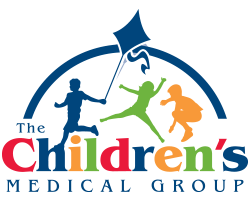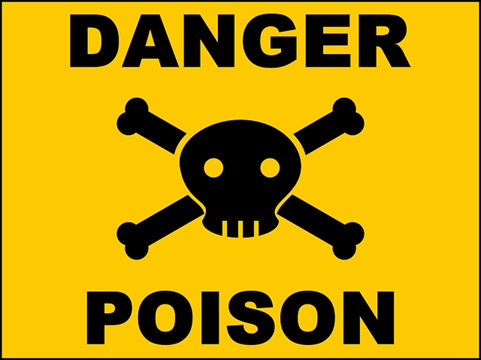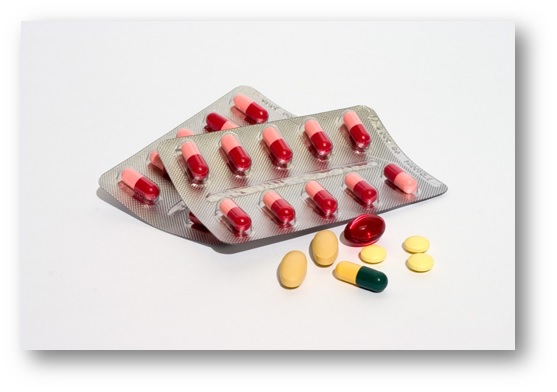Approximately 3 million Americans come into contact with or swallow hazardous substances each year; most of these people are under the age of 5. Poison Prevention Week runs during the third week of march, and in recognition of this week, the American Academy of Pediatrics (AAP) has some lifesaving tips to treat and prevent poison exposure.
Here are some steps you can take to prevent your child from ingesting or coming into contact with potentially harmful substances.
- Be sure to store medicines, pesticides, and cleaning supplies (including detergent packets) in their original containers, locked away in a childproof cabinet or container, or completely out of reach.
- Childproofing your home using automatically locking safety latches on cabinets, drawers, and containers that store poisons may prevent your child from getting to them, but can fail. It is best to store hazardous materials in a place children cannot see or reach.
- Keep medicines in their original child-resistant containers, out of reach from children. These packages are designed to be child-resistant, but may not be child proof… so keeping all medicines completely out of reach is the only 100% safe option.
- Never refer to medicine as anything other than medicine. Referring to it as “candy” or “juice” to make it easier to give to your child can be misleading, and sound appealing to the child.
- Read all instructions, and measure medicine accordingly for your child’s age and size. Only use the measuring instrument that came with the medicine, and speak with your local pharmacist if you have any questions regarding dosing or usage.
- If you use e-cigarettes, be sure to store your liquid nicotine in a locked container, totally out of reach from children. Purchase only items that come in child-resistant packaging, and avoid using the products in front of child. Ingestion or skin exposure to even a small amount of liquid nicotine can be fatal to children.
- Never store hazardous substances in food or drink containers, or containers that resemble food or drink storage.
- Make sure all coal, wood, and kerosene stoves are in clean and working order.
- Make sure to securely store any item that may contain a small button-cell battery; this includes key fobs, remote controls, greeting cards, and some children’s books.
- Be sure that your home is equipped with working smoke and carbon monoxide detectors. Check their batteries regularly, and be sure there are enough devices in the home
It is a fact that most poisonings occur at home, with a caregiver present, but distracted. The most dangerous substances found in the home are medicines, cleaning products, antifreeze, liquid nicotine, pesticides, windshield washer fluid, furniture polish, kerosene, gasoline, and lamp oil. Exposure is most likely to happen when there is a change in the child’s routine; holiday visits to family and friends, as well as having guests in the house, raise this risk of poisoning, with the usual safeguards not in place or forgotten.
Remember, different methods and types of exposure require different action.
Swallowed Poison: Immediately take the substance away from your child, and have them spit out any that may still be in their mouth. DO NOT MAKE YOUR CHILD VOMIT – do not give your child Ipecac.
Swallowed Battery: If you suspect your child has swallowed any type of battery, including a small button-cell battery, bring them to your local hospital emergency room immediately.
Skin Exposure: Promptly remove your child’s clothing, and rinse the skin with lukewarm water constantly for at least 15 minutes.
Eye Exposure: Flush your child’s eye by holding the eyelid open and pouring a steady stream of room temperature water on the inner corner of the eye for at least 15 continuous minutes.
Inhaled Fumes: Take the child outside to fresh air, immediately. If your child has stopped breathing, dial 911, and begin CPR. Do not stop CPR until the child is breathing again, or someone else arrives and takes over for you.
If you suspect your child has ingested, or come into contact with a potentially harmful substance, call Poison Help at 1-800-222-1222. If your child is unconscious, not breathing, having convulsions or seizures, dial 911 or your local emergency number immediately!



